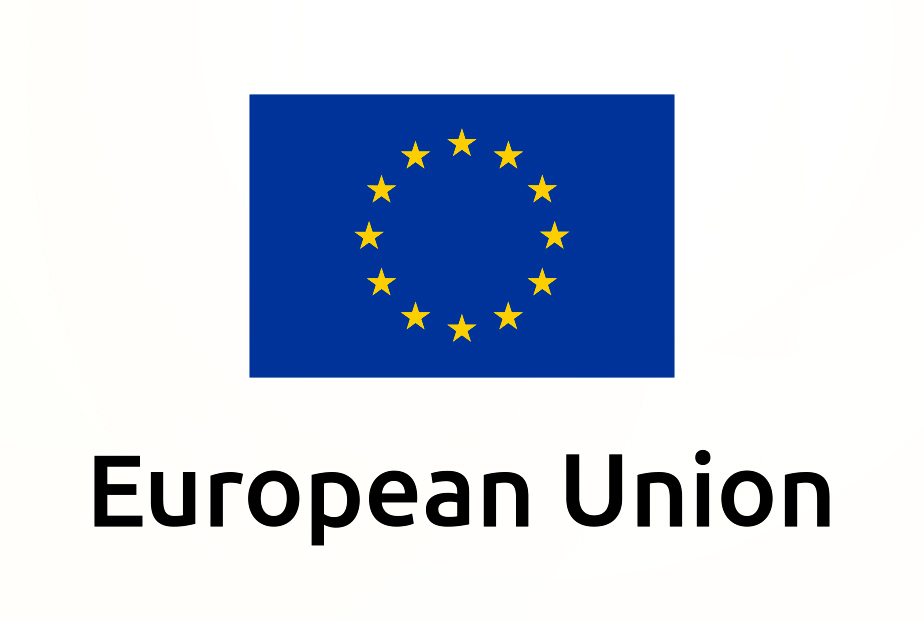Privacy Policy
What is GDPR?
The General Data Protection Regulation, which replaces the existing law in Poland and harmonizes personal data processing regulations in the European Union.
The previously applicable regulations were created before the development of new technologies, geolocation, social media, profiling, or cloud data storage.
Check the most frequently asked questions and answers.
On what basis is personal data processed?
Personal data is processed based on:
- the necessity to fulfill your order;
- legitimate interest, e.g., responding to a complaint, marketing purposes;
- in connection with the necessity to fulfill a legal obligation, e.g., issuing and storing invoices, accounting documents (tax and fiscal obligations);
- consent voluntarily given by you.
On what occasions do we collect your data?
We may collect data from you in the following cases: through contract signing, cooperation initiation, setting up access accounts to systems, purchasing processes, responding to complaints, participating in training, or expressing a desire to receive newsletters, registering for fairs.
How long is the data stored?
Personal data is stored for the time required to fulfill the order or provide the service, as required by legal regulations, e.g., tax, fiscal, or until you withdraw your consent in the case of consent to receive marketing information.
What are your rights regarding the processing of personal data?
Individuals whose data is processed have the following rights:
- the right to object to data processing
You can object if we process data based on our legitimate interest, with which you disagree. If the objection is justified, the data will be deleted. - the right to rectify (correct) data
You can exercise this right if the processed data is incorrect or incomplete. - the right to data deletion (to be forgotten)
You can request the deletion of your personal data in situations:
– when consent, based on which the data was processed, has been withdrawn;
– when the data is no longer necessary for the purposes for which it was collected;
– an objection to data processing has been raised
– when personal data is processed unlawfully. - the right to restrict processing
You can request that we do not process certain personal data (except for storing it), without completely deleting it. - the right to access data
This right allows obtaining information on whether the Administrator processes personal data, what data is processed, for what purpose and duration, and obtaining a copy of your personal data. - the right to data portability
You can request the preparation of data held by the Administrator in a structured, commonly machine-readable format and/or request its transfer to another Data Administrator.
How can I manage my data or withdraw consent for data processing?
You can change your consents regarding communication methods with you, correct data, or withdraw consent for their processing at any time using the registry available at: biuro@denckermann.pl
How do we use cookies?
Details on how cookies are used are available separately on the website www.denckermann.pl.
What is the role of the supervisory authority in relation to the rights granted under GDPR?
If you believe that your rights regarding personal data protection have been violated, you have the right to file a complaint with the President of the Personal Data Protection Office.
